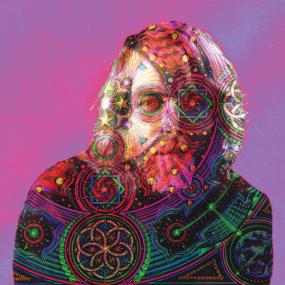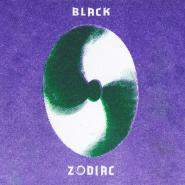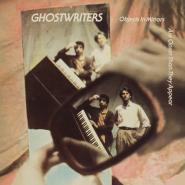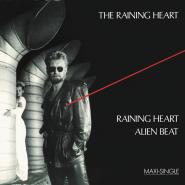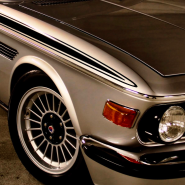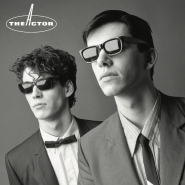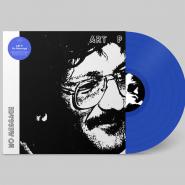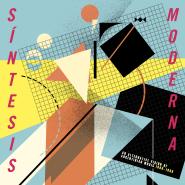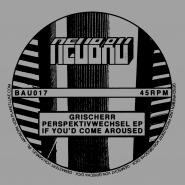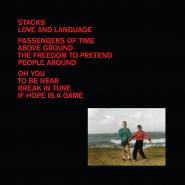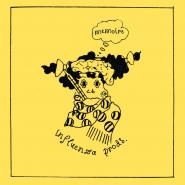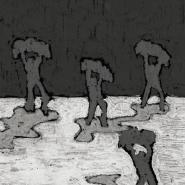SAN FRANCISCO MOOG: 1968-72 VOL. 1 by DOUG MCKECHNIE
| SKU | 122576 |
| Artist | DOUG MCKECHNIE |
| Title | SAN FRANCISCO MOOG: 1968-72 VOL. 1 |
| Label | VG+ |
| Catalog # | VG 004 |
| Tag | |
| Release | W 04 - 2022 |
| Format | Vinyl - EULP |
| € 24,99 | incl. VAT, excl. shipping |
Tracks
- the first exploration sf radical laboratories 1968
- meditation moog 1968
- baseline
- berkeley art museum
- crazy ray
Description
Pure early Moog electronics . .
In 1968, Bay Area native Doug McKechnie got hold of one the very first modular Moog synthesizers ever made and began finding his own way to play it. Soon, he was hauling the finicky instrument around to perform improvised concerts at colleges and ballrooms, as well as an ill-fated appearance on the bill at Altamont. Many of the performances were recorded, and the surviving tapes—never before released—capture a free- flowing, transportive sound that fills in the gap between the austere mid-century academic avant garde and the expansive cosmic suites of Tangerine Dream and the rest of the Berlin School in the ‘70s.
This is not another corny old Moog record. San Francisco Moog sounds as fresh as anything by today’s analog-synth heads while bringing to life a lost moment in the development of the music.
All pieces were created improvisationally in an atmosphere of exploration and discovery on a Moog Modular Series III synthesizer and recorded live with no overdubbing to Ampex PR-10, Nagra 3, or TEAC four-channel recorders.

